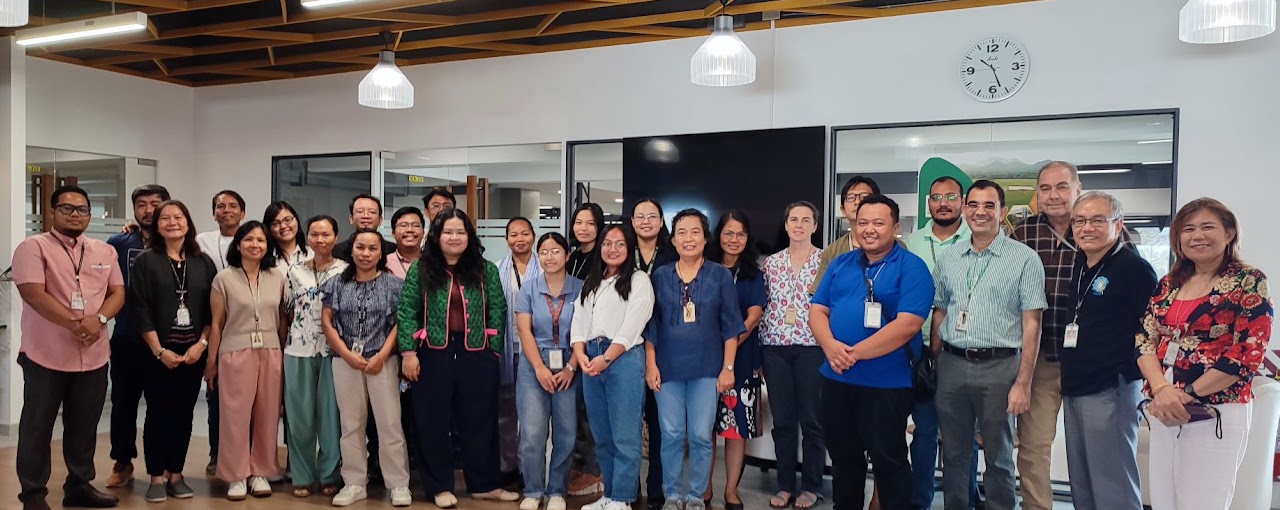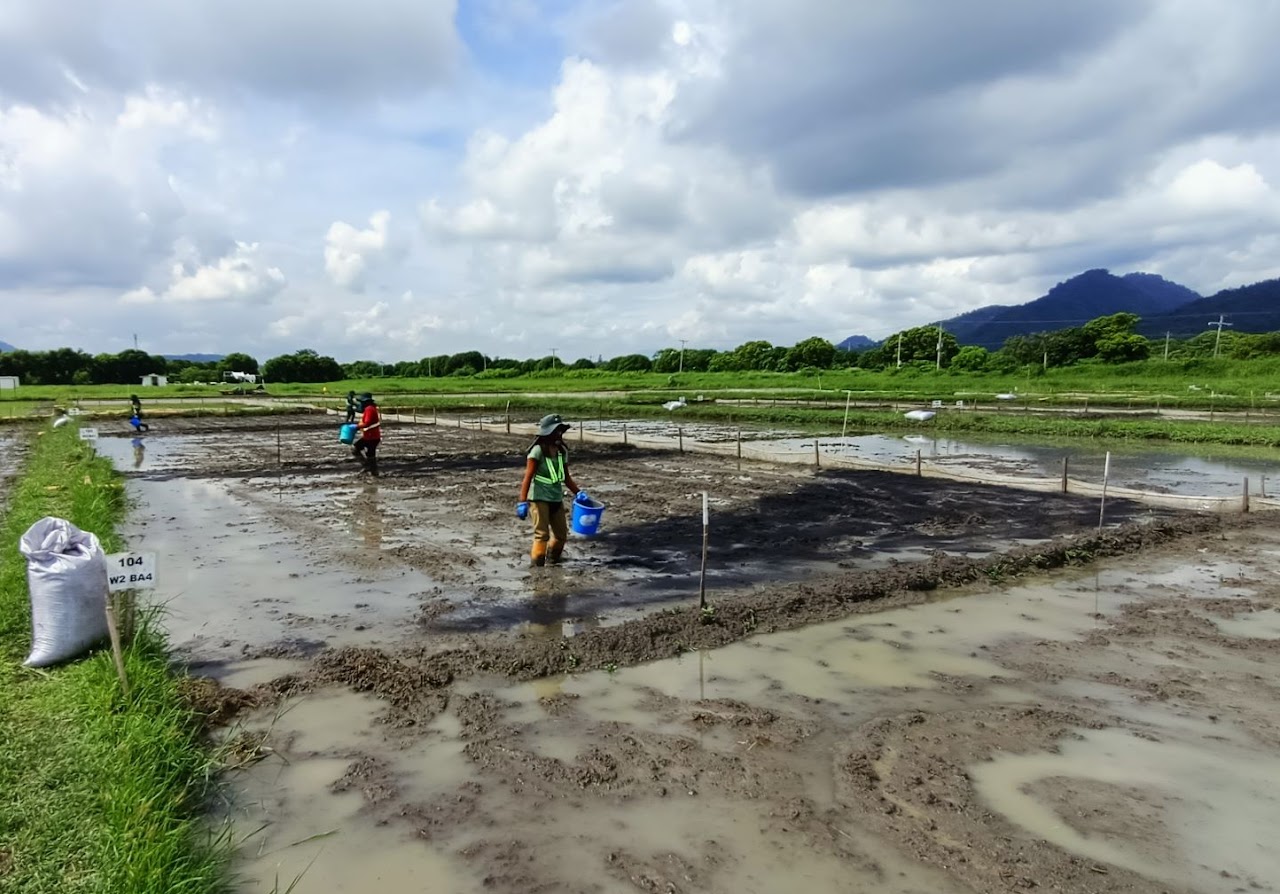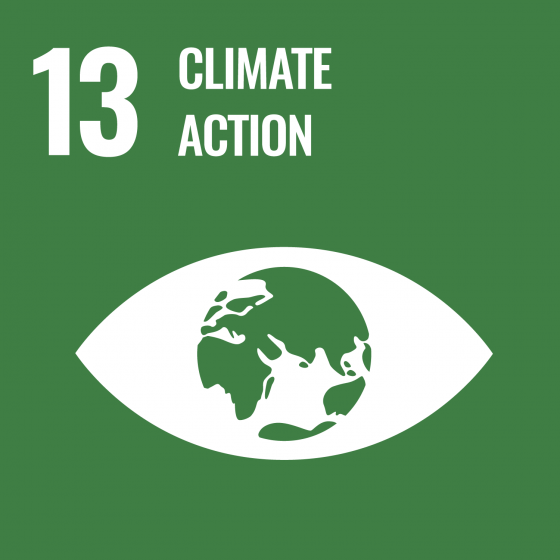
Background
Rice cultivation significantly contributes to methane emissions, which is a potent greenhouse gas that accelerates climate change. Traditional flooded rice fields are a major source of methane, making rice production a serious environmental concern. Globally, rice production accounts for approximately ten percent of agricultural greenhouse gas emissions.
In recent years, new rice production methods such as direct seeded rice, alternate wetting and drying, and improved varieties have emerged as alternatives that offer potential benefits in terms of water use and labor efficiency. However, scientific evidence on the methane emission potential of these systems is limited. Existing emission data are often generalized and do not account for the effects of different soils, climates, varieties, or management practices, making it difficult to guide policy or mitigation strategies effectively.
The REMET-Rice Project focuses on generating reliable data on methane emissions from a range of rice ecosystems, practices, and interventions. This involves on-ground monitoring of emissions, analysis of contributing factors, and development of updated emission estimates. These accurate, region-specific data help improve national greenhouse gas inventories and support in structuring effective climate policies and incentive mechanisms, including carbon credit schemes.
The initiative also works to identify climate-friendly rice varieties and crop management practices that reduce methane release. Strengthening national capacity for greenhouse gas measurement and integrating findings into policy frameworks are also other key goals.


Objectives
This initiative aims to generate robust scientific evidence on methane emissions from rice production systems and to support the development of practical solutions aligned with national and global climate goals. It focuses on understanding how emissions vary across different rice-growing environments and farming practices, and on improving the accuracy of methane estimates used in climate reporting. The key objectives under the projects are as follows: -
- Establishingemissionbaselines:Generatefield-baseddataonmethane emissions from diverse rice ecosystems across multiple agroecological zones. Measurements cover a range of cultivation methods, varietal types, and management practices.
- Improving emission estimates: Develop region-specific emission factors to replace generalized values currently used in greenhouse gas inventories. These refined estimates will support more accurate national and global reporting.
- Identifyingclimate-smartpractices:Evaluatelow-emissionriceproduction options, including improved varieties, water-efficient methods like Alternate Wetting and Drying, and sustainable nutrient and residue management strategies.
- Strengtheninginstitutionalcapacity:Enhancetheabilityofnationalpartners to measure, report, and verify methane emissions through training, collaboration, and development of standardized tools and protocols.
- Supporting climate policy: Feed scientific insights into policy frameworks to inform national climate action and reporting under international agreements such as the Global Methane Pledge.

